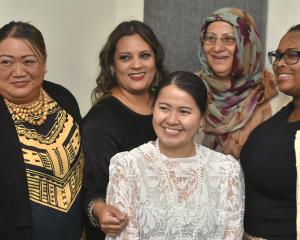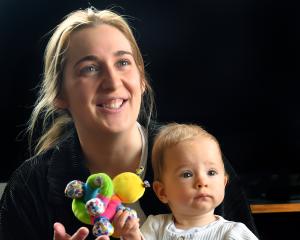
Dr Margot Skinner was thrilled to receive the Mildred Elson Award for an outstanding contribution to the profession at the recent World Physiotherapy Congress 2023 in Dubai.
In a career spanning 50 years as a clinician, educator and researcher, it was a "major highlight", she said.
In her former roles as vice-president of World Physiotherapy, and chairwoman of its Asia-Western Pacific division she had experienced many different countries that were working towards meeting the standards for membership.
"There are requirements you have to meet in terms of professional ethics, the standard of education and those sorts of things — I was often able to help some of the countries to develop in that way.
It was important to have a global perspective, she said.
For example, she had seen many abandoned wheelchairs and crutches in Nepal, because people lived on steep hillsides accessed by narrow tracks.
What they actually needed to help their mobility in the mountainous terrain was a donkey.
While New Zealand had its own challenges, other places had far fewer physiotherapists and far bigger populations.
World Physiotherapy now had 129 members, whereas when it was founded in the early 1950s, there were about 15 member countries.
She became a physiotherapist because she wanted to help people, so receiving the award — which is only issued every four years — meant a lot to her, she said.
She had also been touched by the standing ovation and a waiata performed by colleagues.
"I never dreamed I would actually be the recipient of the award.
"I used to chair the committee that made the decisions about the nominations."
It showed people could live in Dunedin but achieve globally, she said.
Looking to the future, it was important to increase preventive education, and to increase the number of students training as physiotherapists.
Vietnam was just getting to the point where graduates might meet international standards, while in China it was not yet a recognised profession.












